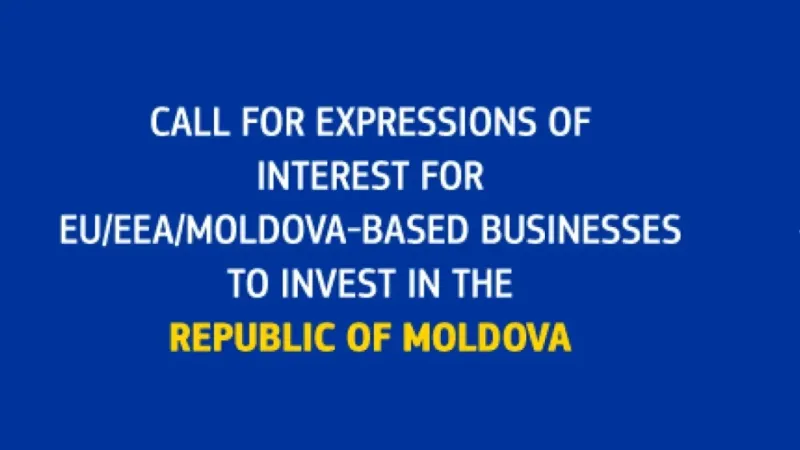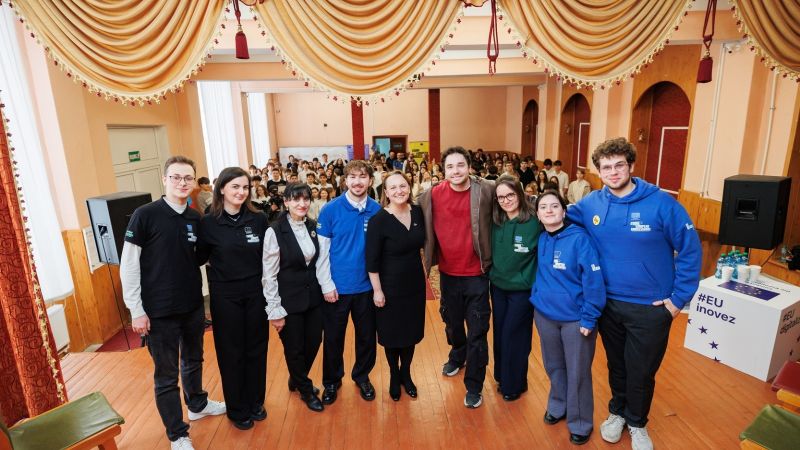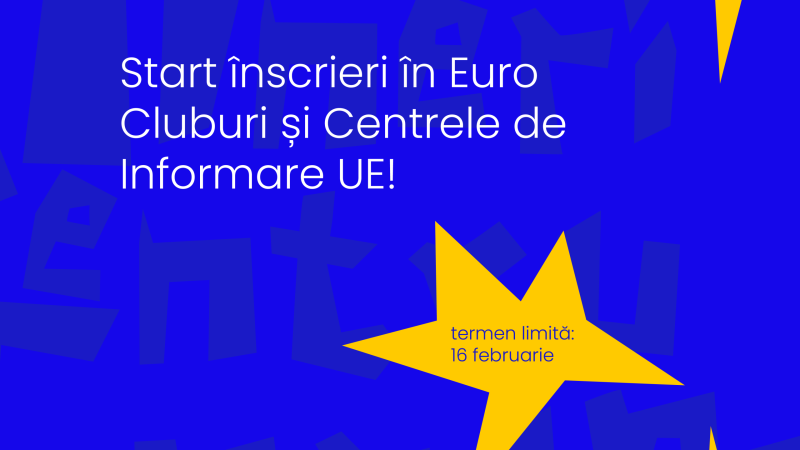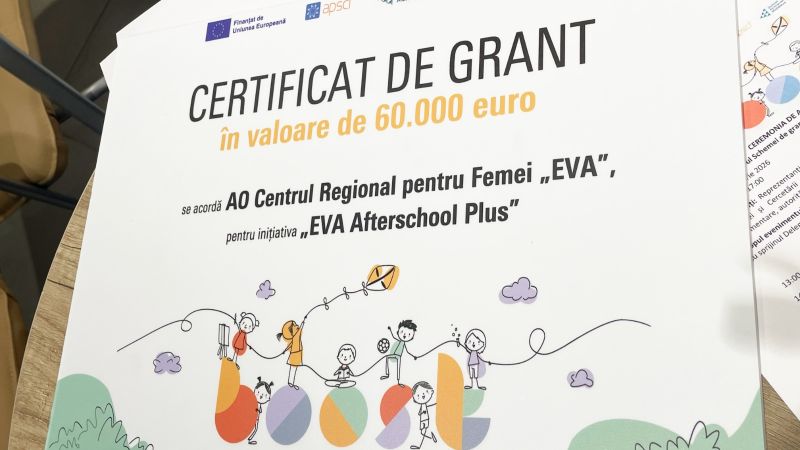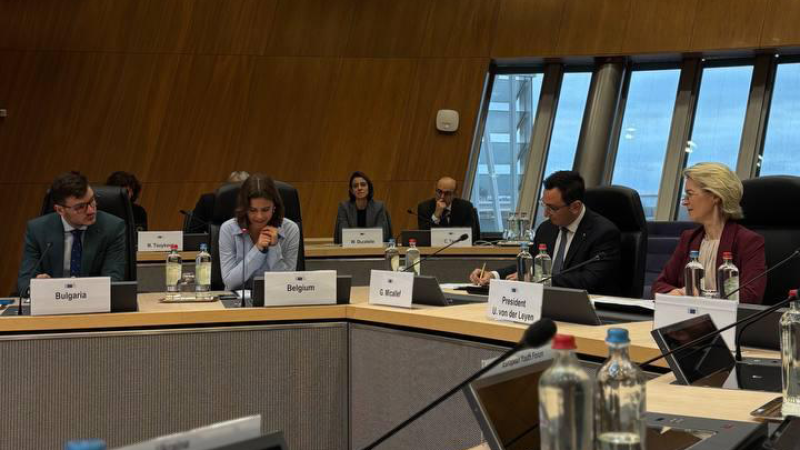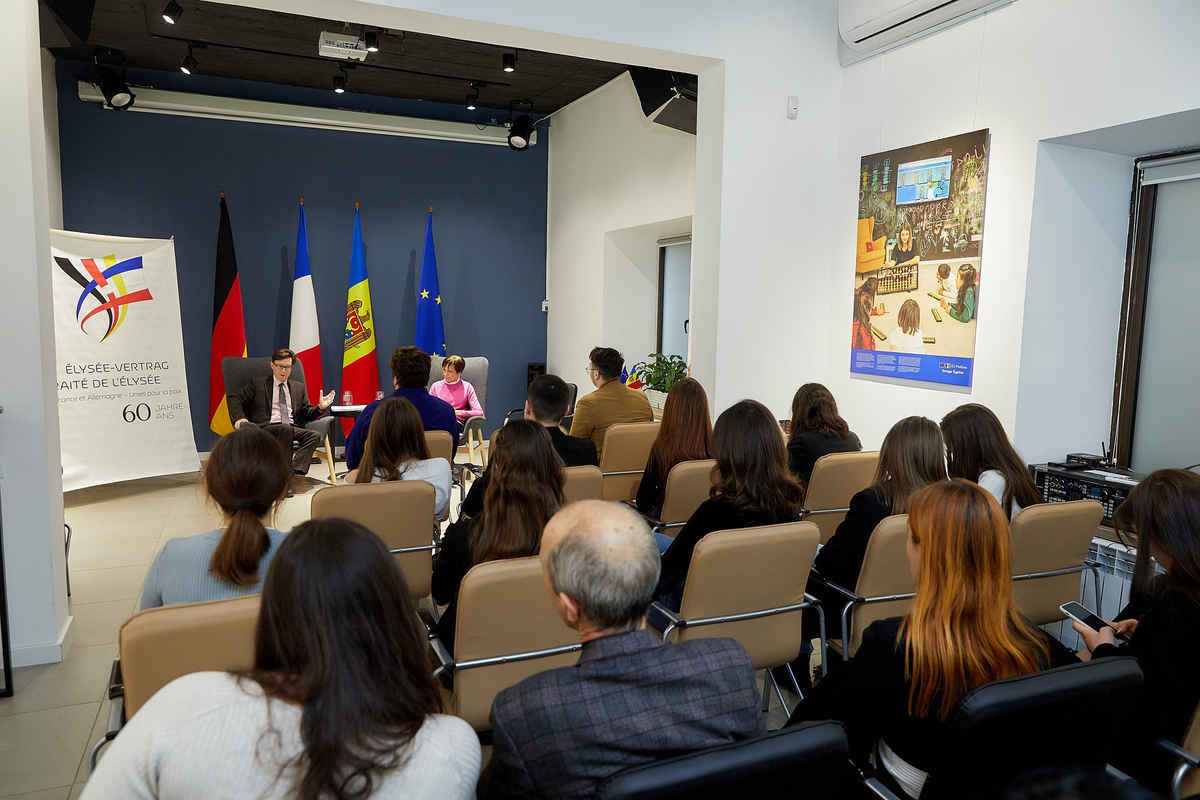
Tratatul de la Elysée – o ancoră a cooperării durabile
Finalul lunii ianuarie a fost marcat de tradiționalul eveniment marca ”A Cup of Europe”. Acesta a găzduit o discuție despre cei 60 de ani de la semnarea tratatului de la Elysée. Acest tratat a pus bazele unei cooperări unice în Europa, care a modelat relația dintre cele două state și a jucat un rol cheie în construirea Uniunii Europene.
La eveniment au fost prezenți studenți și profesori de la Universitatea de Stat din Republica Moldova, Facultatea de Relații Internaționale, Științe Politice și Administrative, precum și reprezentatele EU4Youth Alumni Network.
Evenimentul a fost deschis de către, Ruslan Graur, coordonatorul EuroClubului, Universității de Stat din Republica Moldova, FRIȘPA. ”Pentru Republica Moldova este foarte important ca această cooperare să fie de lungă durată, pentru a trece peste crizele provocate de acest război din Ucraina, care ne-a afectat mult, și sperăm ca ambele state să-și continuă susținerea pe parcursul European a Republicii Moldova. Pentru noi, studenții, în special pentru studenții de la FRIȘPA, viitorii diplomați, este foarte important ca să participam la astfel de evenimente, și chiar ne simțim onorați că avem posibilitatea să putem comunica deschis cu diplomați de carieră din statele membre a UE”, a menționat Ruslan.
Ambasadoarea Germaniei în Republica Moldova, Margret Maria Uebber, a amintit rolul fondator al Tratatului de la Elysée pentru menținerea păcii și a menționat că „în lumina noii situații geopolitice create de invazia Rusiei în Ucraina, avem nevoie mai mult ca oricând de o Uniune Europeană puternică, unită și rezistentă, capabilă să fie eficientă, să-și protejeze cetățenii și să-și joace pe deplin rolul pe scena internațională”.
În discursul său, ambasadorul Franței în Republica Moldova, Graham Paul, a subliniat că Tratatul de la Elysée și mecanismele de consultare ale acestuia constituie esența cooperării franco-germane atât la nivel politic, cât și la nivelul interacțiunii cu societatea civilă. Acest tratat arată voința politică a Franței și a Germaniei de a căuta soluții comune, în ciuda opiniilor uneori divergente. Aici rezidă succesul cooperării franco-germane, care este principala forță motrice a construcției europene.
Această cooperare dintre ambele state, este substanțială pentru existența UE și are o importantă atât pe plan politic, cât și pe plan economic și cultural. Tinerii prezenți la acest eveniment au avut ocazia de a discuta deschis cu ambasadorii despre cei trei piloni pe care îi prevede acest tratat, politica externă, apărare, educație și tineret, precum și despre impactul acestuia asupra cooperării franco-germane până în prezent.


